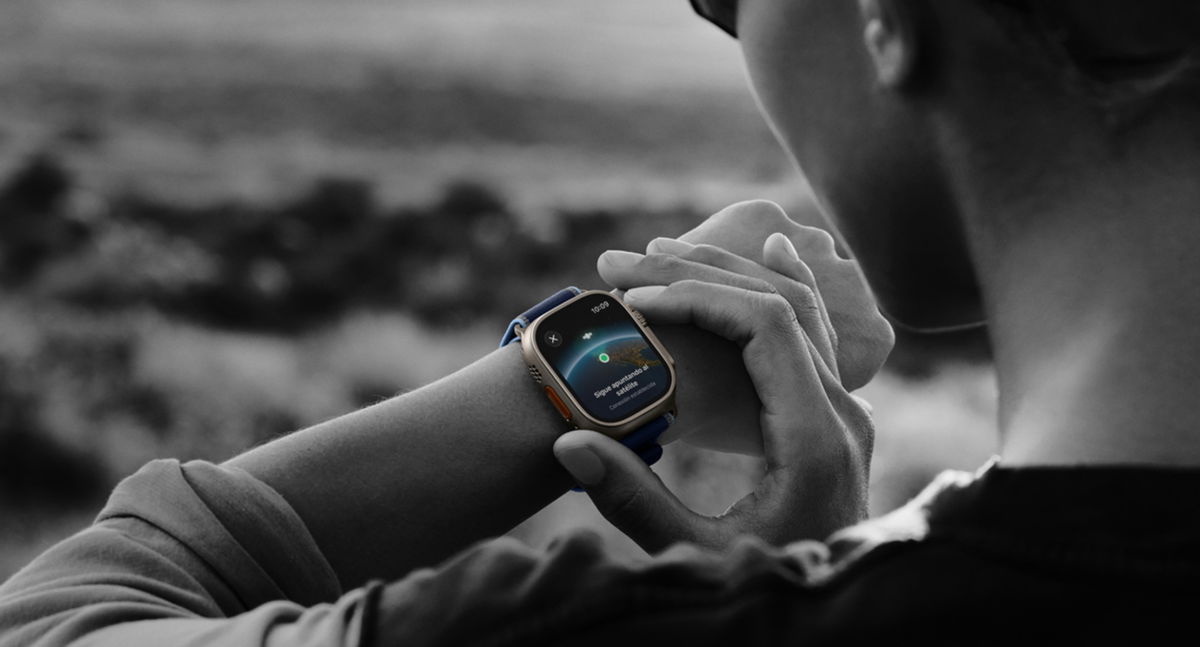Doctor working for the World Health Organization (WHO) suggested that countries might benefit from regulating digital devices such as cell phones similar to age- and location-restricted products such as cigarettes, to combat growing concerns about smartphone and social media addiction. Manufacturers such as Human Made Devices (HMD) have also brought attention to the issue and unveiled devices designed to help people digitally detox, as well as a plan to create phones for teens with the help of parents through the Better Phone Project.
Dr Natasha Azzopardi Muscat, director of the WHO’s Division of Country Policies and Health Systems, speaking at the European Health Forum, told Politico: “Maybe we need to think about where it’s appropriate to use digital devices. And maybe it’s time to start thinking about places where you shouldn’t use certain digital devices. just like we banned smoking in certain places.
Azzopardi Muscat cited a recent WHO study of almost 280,000 people aged 11 to 15 that found one in 10 had difficulty using social media and included data showing that “problematic behavior in gaming and social networks” is growing in Europe. He mentioned how measures such as age restrictions and controlled prices could be introduced, as well as specific areas in which such devices could be used to help people manage their use of connected devices. Many countries ban smoking indoors, including restaurants and cafes, and places such as airports have designated smoking areas inside buildings and outdoors.
A study published by King’s College London in August found that 33% of teenagers surveyed reported a condition known as problematic smartphone use (PSU), and were twice as likely to suffer from anxiety and three times more likely to experience depression than those who didn’t have it. This. Azzopardi Muscat said it was important that children and teenagers were aware of the risks of long-term use of smartphones and social media. Thus, they were better equipped to recognize problems and how to solve them, which is a more balanced approach to the problem than the proposed age and location restrictions.
“We have to be careful because we have a portion of the population that reports problematic use, and we know that this can ultimately impact their educational outcomes, their mental health and well-being, their work productivity,” Azzopardi said Muscat. , adding that the evidence on the issue still needs to be examined before any decision is made.
Source: Digital Trends













